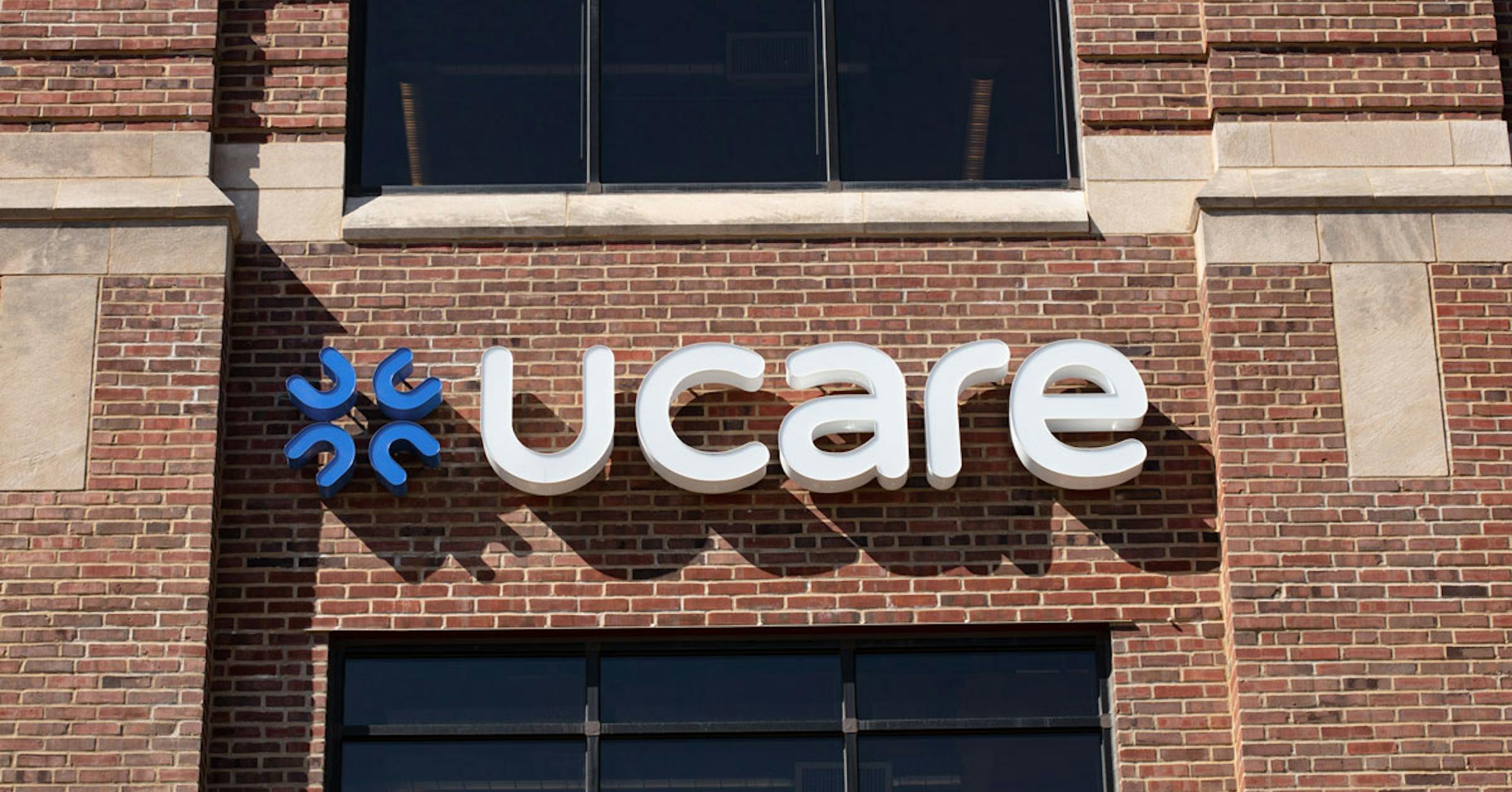Star Tribune
Duluth mental health crisis team is funded one more year after mayor proposes cut

The team is made up of unarmed staff who are trained to de-escalate situations and create safe spaces for those in crisis. They still work with police in situations that warrant it but the intervention work, advocates say, diverts people from emergency departments and has helped several thousand people each of the last two years. The contract was first approved in the wake of the murder of George Floyd.
Crisis team director Michael Furo said the team is part of a larger trained group that serves a broader area, but those designated to Duluth on any given night respond to mental health calls with screenings and visits, and perform outreach at the Chum homeless shelter and other places where vulnerable people gather. Outreach helps them build relationships, he said, and they often hand out water, rain ponchos, sunscreen and snacks.
Angel Dobrow is part of a community advisory group that oversees the team. She said it’s wise for the city to buy time, but it should aim to be holistic with services.
“If you or a family member is in the middle of a mental health crisis, you’re not going to [care] whether your potholes got filled,” she said. “You want some care. People have this idea that city services are, you know, very specific to the roads and the police. I think we need to soften that and be more encompassing about how we care for each other.”
Duluth resident John Powers wrote to City Council that it “seems for an administration focused on ‘hard’ city services, there is a blind spot in its decision-making process that fails to see and/or appreciate the essential need for ‘soft’ services in making Duluth a vibrant community.”
St. Louis County spokeswoman Dana Kazel said the county had only recently learned of the proposal and has asked to be part of conversations about the program.
Star Tribune
Man sentenced to more than 30 years in murder of fellow resident at West St. Paul group home

A 43-year-old man was sentenced to more than 30 years in prison Friday for stabbing to death a fellow resident at a state-operated mental health group home in West St. Paul.
John C. Adams II was found guilty in September in Dakota County District Court of intentional second-degree murder in the death of David Rahn, 68, in 2020. Adams will get credit for 1,777 days already served on his 367-month sentence, and was ordered to pay $2,088 in restitution.
According to the criminal complaint, Adams stabbed Rahn dozens of times in the early morning of Feb. 17, 2020, at the home in the 1500 block of Christensen Avenue. After a staff member heard Rahn scream for help and called 911, police found Rahn unresponsive on the floor of his bedroom with stab wounds to his face, neck and back. He was pronounced dead at the scene, and his death was ruled a homicide.
Adams at first claimed self-defense and later said Rahn had stabbed himself. But the medical examiner found evidence that the victim had tried to fend off the attack. Police found a bloody kitchen knife and a pair of blood-soaked gloves inside bags left at a Kingdom Hall of Jehovah’s Witnesses across the street.
Adams was convicted of third-degree assault in 2001 in Hennepin County for smashing a glass in a woman’s face in downtown Minneapolis. The court found him to be “a clear danger to the safety of others” and mentally incompetent to stand trial. His sentence was set aside in exchange for him being put under Security Hospital supervision for at least three years.
In October 2018, Adams was granted provisional discharge from the Security Hospital to the home on Christensen Avenue, but that discharge was revoked less than nine months later for violations of the discharge conditions.
The home of one of three group home operated by the state Department of Human Services for people civilly committed for a mental illness and then discharged from a DHS treatment facility.
Staff writer Paul Walsh contributed to this story.
Star Tribune
UCare reaches deal with HealthPartners, sparing patients from disruption

Health insurer UCare has reached an agreement with HealthPartners clinics, which will allow thousands of patients to continue seeing the same doctors without switching health plans next year.
The two companies announced the agreement Friday evening. The terms are effective immediately.
“As mission-driven organizations, UCare and HealthPartners share a commitment to improving health outcomes for our community, and the organizations’ ongoing collaboration reflects that shared goal,” a joint statement said.
The clinics had been out of network for several years, but UCare had waived rules that would have blocked patients from making appointments. UCare said it would start enforcing the network rules Jan. 1.
Star Tribune
Man charged in Brooklyn Park homicide had connection to 2022 Mall of America fatal shooting

A 19-year-old Coon Rapids man, who played a role in a 2022 fatal shooting at the Mall of America, is facing murder charges in connection with an apparent targeted shooting earlier this month in Brooklyn Park.
Citing witnesses, surveillance footage and cell phone data, prosecutors say that Marquan D. Tucker waited in a parking lot Dec. 7 before opening fire on two people when they exited a business in the 8000 block of Brooklyn Boulevard.
The two victims returned fire, though one was wounded and the other, Ramone R. Blue, 23, of Stewartville, Minn., was killed. The complaint, filed Friday, offers no motive for the shooting.
The shooting happened about seven months after Tucker was discharged from court monitoring related to the 2022 fatal shooting of 19-year-old Johntae Hudson in a department store at the Mall of America, according to court records.
Tucker was charged with third-degree riot in the case and was adjudicated as delinquent, or found guilty, court records said. He was one of three teens who confronted or chased Hudson into the store where the shooting happened. The two teens who carried guns received long prison sentences.
Tucker was being held Friday at the Hennepin County jail. It wasn’t clear if he yet had an attorney.
According to the criminal complaint:
Surveillance video shows a black BMW pull into the parking lot in Brooklyn Park around 1:30 p.m. on Dec. 7. As the two victims exit a business, a man leaves the passenger seat of the BMW, hides behind another car and fires about 16 shots. The gunman then flees in the BMW.




